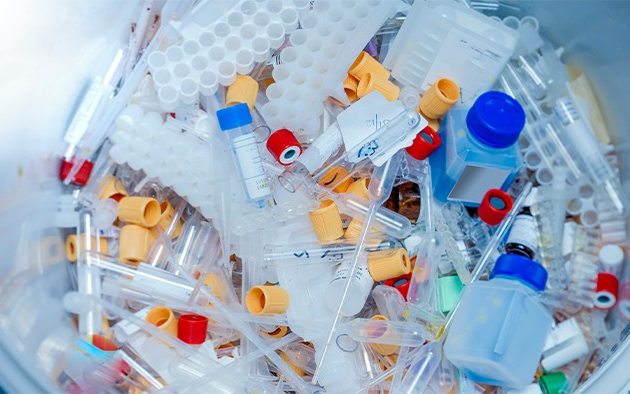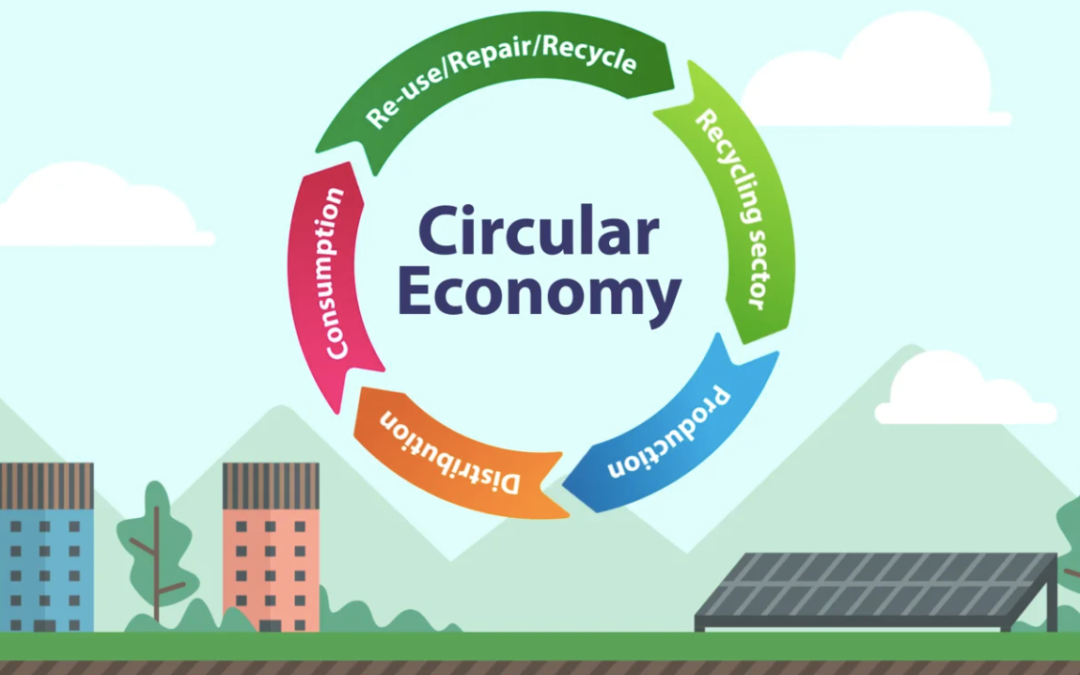SGD Pharma's waste management sets new standard amidst tighter EU rules
By April Lara
July 11, 2024

Photo of pharmaceutical waste
The pharmaceutical industry faces a new battleground: water pollution. While the European Union enacts stricter regulations to fight the issue, the UK stands at a crossroads, potentially falling behind in its approach to waste management.
Earlier this year, European lawmakers implemented a significant update to the Urban Wastewater Treatment Directive (UWWTD). It aims to tighten restrictions on pollution, demanding stricter removal of nutrients from agricultural waste and sewage. For the first time, it also sets standards for micropollutants—chemicals often found in pharma waste—that pollute water.
An important element of the update is the “extended producer responsibility” principle. This means cosmetic and pharma companies will be financially responsible for contributing to wastewater treatment costs if their products cause chemical pollution.
The EU’s “polluter pays” approach’s goal is to shift the burden of cleaning chemicals from waterways from public budgets and water bills to the industries responsible for the pollution. The most polluting industries will be required to shoulder at least 80% of the cost of micropollutant removal.
While the UK's decision not to adopt these regulations raises concerns, it serves as a reminder of the ongoing battle for clean water. The pharmaceutical industry has the potential to be a leader in environmental responsibility.
A beacon of progress
The EU's regulations highlight the need for the pharmaceutical industry to embrace sustainable practices. Fortunately, some companies are already demonstrating leadership in this area.
We were able to talk to SGD Pharma, following a recent report of their impressive waste reduction rate.
CEO Olivier Rousseau said, “Minimising waste generation, recycling and reducing landfill waste are key pillars of SGD Pharma’s sustainability roadmap. The current strategy leverages best practices with an impressive 99.5% of our internal cullet already reincorporated into production, and we hope to make this 100%.”
Rousseau also explained on how they are implementing best practices in waste management, which he detailed below:
- Energy-recovering incineration of contaminated waste
- Metal recycling, including items like batteries and aerosols
- Substance recycling, such as neon lights
- Regeneration of used oils
By minimising waste and maximizing recycling, all pharma firms can help reduce the environmental impact of the pharmaceutical industry, contributing to cleaner water supplies
Sustainability should be woven into the fabric of pharmaceutical manufacturing, which affects everything from research and development to treatment delivery. Its footprint is significant, generating over 200 million metric tonnes of CO2 emissions and over 300 million tonnes of plastic waste every year. This calls for immediate and sustained action.
Prioritising sustainability is not only a moral obligation, but a strategic one. It can improve revenue, reduce costs, and cultivate innovation. Companies that invest in these initiatives can make themselves stand out in a competitive market to help them secure a long-term position in the sector.
Submit your entries to the Pharma Industry Awards IRE today. Download the entry guide here. You can also get involved in the Pharma Industry Awards UK.







.png)